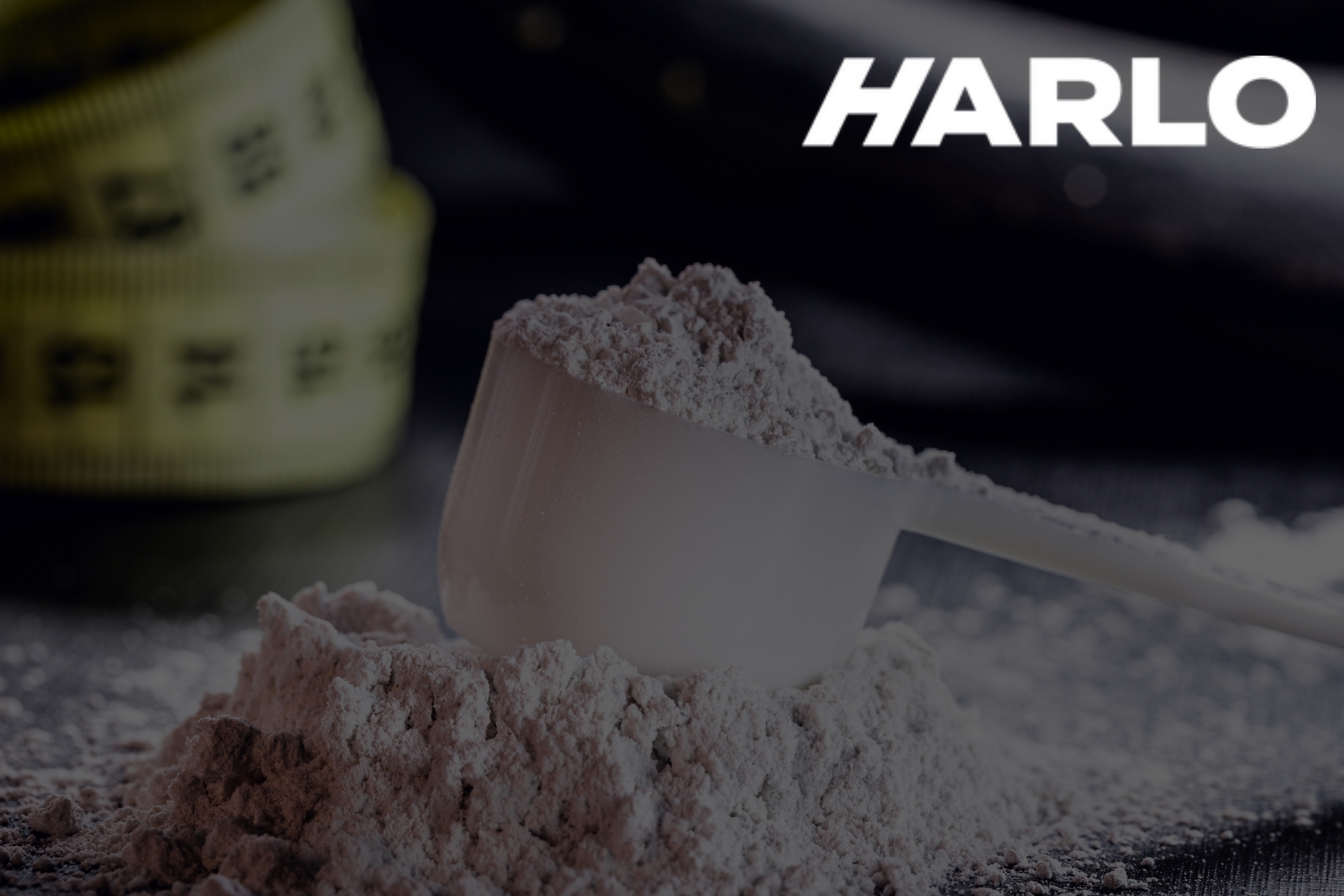
In order to keep the balance of fluids in our bodies, electrolytes are essential. When dissolved in water, these elements, which include ions like sodium, potassium, magnesium, and calcium, give off electric charges. Electrolytes carry energy because they have electrical charges on them. They are very important for many body processes.
Electrolytes play a big role in keeping the body’s many systems working properly, from keeping the muscles and nerves working to keeping the pH level right. Electricity is transmitted by electrolytes, which also control heartbeat and muscle movements. They also make it easier for cells to talk to each other, which is important for the nerve system to work right. Electrolytes also help keep the body’s fluid balance, which makes sure that all cells, tissues, and organs get enough water.
You can’t say enough about how important fluid balance is. An imbalance in electrolyte levels can be bad for your health and cause problems like muscle cramps, an uneven heartbeat, weakness, tiredness, and even conditions that can kill you, like heart arrhythmia. To support good health and ideal body function, it is important to keep an eye on and maintain the right fluid levels.
What are Electrolytes?
Electrolytes are chemicals that your body needs and that have an electric charge when they dissolve in water. These charged particles keep important body processes going, like keeping the balance of fluids, letting nerves send signals, and making muscles contract. Salt, potassium, and calcium are the three main types of fluids.
Sodium is the main electrolyte in extracellular fluid, and it is very important for keeping the balance of fluids and blood pressure. In addition, it helps nerves and muscles work. Potassium is the main fluid inside cells. It helps the body do many things, like sending signals between nerves, contracting muscles, and keeping the heartbeat steady. Another important element that is needed for healthy bones, muscles to contract, nerves to work, and blood to clot is calcium.
Extra electrolytes in the body are magnesium, phosphate, and chloride, in addition to these main ones. Magnesium is needed for many chemical processes, making energy, and keeping muscles working. Phosphate is an important part of DNA, RNA, and ATP, which is the body’s energy exchange. Chloride, which is often confused with sodium, helps keep the pH level right and keep the balance of fluids.
Keeping the balance of fluids is very important for your health as a whole. If you don’t have the right amount of these minerals in your body, you could get dehydrated, have muscle cramps, have an uneven heartbeat, or even have seizures. A healthy diet, staying hydrated, and seeing a doctor if you think you might have an electrolyte imbalance are all important ways to keep your electrolyte balance in check.
Role of Electrolytes in the Body
In order to keep the body healthy and functioning properly, electrolytes are essential. Ions are electrically charged particles that are found in blood, pee, and other body fluids. They help keep many bodily functions in balance. Without electrolytes, the body would not be able to keep the right mix of fluids, send nerve signals, contract muscles, and do many other important things.
Muscle Function
The way muscles work is an important part of how we move and act. The proper operation of muscles, particularly during tension, depends heavily on electrolytes. Electrolytes, which include sodium, potassium, calcium, and magnesium, help keep the balance of liquid inside and outside of cells. They also help control nerve signals and make muscles contract.
When a muscle contracts, nerve signals that tell muscle cells to contract are sent through fluids. By making a voltage difference across the muscle cell membrane, sodium and potassium ions play a big part in this process. This difference in voltage lets nerve cells and muscle fibers talk to each other, which causes muscles to tighten.
Muscle cramps can happen when there is a chemical imbalance, especially if there is not enough sodium, potassium, or magnesium. Electrolyte changes can happen because of things like too much sweating, not drinking enough water, or some medical problems. If the body’s quantity of salts is off, nerve signals that are needed for muscles to work right may not be sent correctly. Muscle cramps are painful, uncontrollable muscle twitches that can happen because of this.
To avoid muscle cramps and chemical issues, it is important to eat a healthy diet and drink plenty of water. Eating foods like bananas, avocados, leafy green veggies, and dairy products that are high in electrolytes can help make sure you get enough of these important minerals. Also, having enough water and drinks that are high in electrolytes can help restore electrolyte levels and keep muscles from cramping. This is especially true during and after exercise.
Nerve Function
The right mix of fluids in the body is important for nerve activity. Electrolytes are chemicals that are electrically charged and help keep the body’s processes, like nerve signals, in check. Some of these are magnesium, calcium, potassium, sodium, and potassium.
Electrical signals let nerve cells, called neurons, talk to each other. Ions moving back and forth across the cell membrane make it easier for these electrical messages to move. Electrolytes are very important to this process because they carry the electric charge that nerves need to communicate.
For example, salt and potassium are very important for brain health. When a nerve signal is sent, the cell membrane specifically opens up, letting sodium ions enter the cell and potassium ions leave. The movement makes a voltage difference across the cell membrane. This voltage difference is called the action potential. After that, this action potential moves along the nerve fiber, which sends the nerve signal.
Electrolyte levels that are out of balance can mess up this delicate process and make nerves work less well. For instance, not enough sodium or potassium can cause an action potential that isn’t strong enough, which can weaken or stop nerve signals. Similarly, differences in the amounts of calcium and magnesium in the body can change how neurotransmitters are released and taken in. Neurotransmitters are important for nerve signaling.
Keeping the right mix of electrolytes is important for brain health. This can be done by drinking enough water and eating a healthy diet that includes foods high in minerals. To make sure nerve signals work properly, people with medical conditions or medicines that can change electrolyte levels should also be carefully controlled.
Fluid Balance
Keeping the body’s fluid balance is very important for keeping it working normally. Electrolytes are very important for keeping the body’s fluid levels steady. Electrolytes are chemicals that carry electric charges, like sodium, potassium, calcium, and chlorine. These charged particles help keep the amount of water inside and outside of cells in balance.
Electrolytes do many things in the body, such as keeping blood pressure steady, keeping pH levels stable, and sending nerve signals. They are also very important for controlling the flow of fluids between different parts of the body, like the spaces between cells and outside of cells.
An mismatch in electrolytes can throw off the balance of fluids, which can affect how well you are hydrated. Hyponatremia, which means too much water compared to sodium, can happen when the body doesn’t have enough sodium. Headaches, muscle cramps, sickness, and confusion are some of the signs that can come from this disease. In the same way, a mismatch in potassium levels can cause hypokalemia, a disease that makes muscles weak and causes heartbeats to become uneven.
Electrolyte changes can make it harder for the body to control fluid levels, which can affect how well you’re hydrated. If the amounts of electrolytes aren’t normal, it can throw off the osmotic balance, which makes water move around in the wrong way between sections. This could lead to either being dehydrated (the body loses more water than it takes in) or overhydrated (the body has too much water).
Benefits of Drinking Electrolytes
- Rehydration: Electrolytes help keep the body’s fluid balance, which is important for staying fresh. Electrolyte-rich drinks, like coconut water or sports drinks, can help you replace the fluids you lose and keep you from getting dehydrated.
- Improved Athletic Performance: When you work out, your body loses minerals through sweat. Replacing these lost electrolytes can help athletes do better by making sure muscles work right and nerves send and receive the best signals. This can help keep muscle cramps away and make you stronger generally.
- Energy Boost: Electrolytes are very important for keeping the body’s energy levels up. By taking drinks that are high in electrolytes, you can help your body make energy and fight tiredness.
- Enhanced Recovery: When you do a lot of hard physical activity, your body needs to replace the fluids you lost to help your muscles heal and recover. You can help your muscles heal faster and feel less sore by drinking drinks that are high in electrolytes.
- Better Hydration: Electrolytes are very important for keeping the body’s fluid balance in check. Drinking drinks that are high in electrolytes can help your body stay refreshed, which can improve your health and well-being as a whole.
How to Incorporate Electrolytes into Your Routine
A simple way to make sure you are getting enough electrolytes in your diet is to eat and drink things that are high in them. Fruits, veggies, nuts, seeds, and dairy items are all good places to get minerals. People also like to drink sports drinks and coconut water to rehydrate after working out or when they feel thirsty. If you have certain wants or tastes, you can also think about taking electrolyte pills.
Adding foods like bananas, oranges, spinach, nuts, and yogurt to your diet that are high in electrolytes can help you get more of them. You can also make your own electrolyte drinks by mixing coconut water with a bit of sea salt or adding lemon juice to water. Don’t forget to have electrolyte tablets or powders on hand for convenience while working out or on the move.
Overall, ensuring that you are consuming an adequate amount of electrolytes can help support your overall health and well-being. Whether you’re looking to improve athletic performance, boost energy levels, aid in muscle recovery, or simply stay hydrated, incorporating electrolytes into your routine can provide a range of benefits. By choosing electrolyte-rich foods and beverages and staying mindful of your hydration levels, you can help maintain optimal fluid balance in the body and support your overall health. So don’t forget to consider adding electrolytes to your daily routine to reap the rewards of improved hydration, energy levels, and athletic performance.

Conclusion
In conclusion, electrolytes are essential for maintaining proper muscle function, nerve signaling, and fluid balance in the body. By drinking electrolyte-rich beverages, you can reap the benefits of rehydration, improved athletic performance, increased energy levels, enhanced recovery, and improved hydration. Incorporating electrolytes into your daily routine can help support overall health and well-being.








